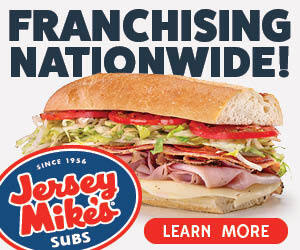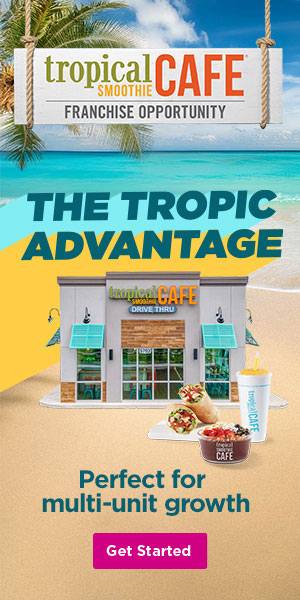Creating Highly Satisfied And Motivated Employees

Culture in organizations matters. It creates an attractive and supportive environment for top performers. We classify top performers as the upper echelon of employees who simply do not need much coaching or motivation from their managers. Typically, these people make up less than ten percent of people in any organization. Following the law of power dynamics, another ten percent of people in any given organization are predictably uninterested in performing better than they already are, and I'd guess these folks are already at the bottom of the performance barrel. So what about the rest, the eighty percent of people that make up most of your employees? What might you consider doing to help them become more productive, more competent, and ultimately more fulfilled in their career?
There are only three resources in almost any business; people, time, and money. One of my partners at The Rawls Group likes to point out the difference between an average performing business and a world-class business most often comes down to the quality of your people and how they are motivated to spend their time. You'll find that the highest producing teams within these organizations have motivated the right people to do the right things for the right reasons and the right amount of time. Highly satisfied employees are those who are motivated employees. They drive performance. If your top performers are highly motivated, you're driving top performance. It's ultimately a supportive, creative, ultra-productive culture and the word will spread...this is the place to be if you're at the top of your game. This is where you want to work.
How do you create highly satisfied and motivated employees? Some business owners think of this as the carrot or the stick? In fact, neither of them are correct. Motivators fall into two categories of rewards we're all familiar with: intrinsic and extrinsic. Intrinsic rewards produce nonquantifiable personal satisfaction, such as a sense of accomplishment, personal control over one's work, and a feeling that one's work is appreciated. Extrinsic rewards are external, tangible forms of recognition such as pay hikes, promotions, bonuses, and sales prizes. Both types of rewards have a place in high performing organizations, and both motivate value-creating behavior, and can be effectively employed by managers. However, most business reward systems are built around extrinsic rewards, since money is the one tangible and highly malleable incentive that can be given. The problem, as research shows, is that extrinsic motivators are unlikely to increase job satisfaction. However, it's important to note that extrinsic motivators, like compensation, need to be competitive to other employers or they can demotivate people. On the other hand, the good news is that intrinsic motivators, like engaging in meaningful work, have been shown to significantly increase job satisfaction. Unlike the extrinsic motivators, these are relatively inexpensive, if not free, to implement.
Think about the intrinsic and extrinsic rewards in your business. Are they sufficient? Are they effective? Do they motivate the right people in the right way at the right time? Have you found the right balance between financial and psychological rewards? Do you communicate to your people to impart a highly motivating sense of personal accomplishment in what they do for your business? Simple actions like these can be highly motivating, cost nothing, and create a culture supportive of high performance!
Dan Iosue is a Partner of The Rawls Group, a business succession planning firm. Dan specializes in dealing with the issues that must be resolved by business owners to implement succession strategies geared towards building business value. For additional information, visit www.rawlsgroup.com or call 407-578-4455
Share this Feature
Recommended Reading:
| ADVERTISE | SPONSORED CONTENT |
FRANCHISE TOPICS
- Multi-Unit Franchising
- Get Started in Franchising
- Franchise Growth
- Franchise Operations
- Open New Units
- Franchise Leadership
- Franchise Marketing
- Technology
- Franchise Law
- Franchise Awards
- Franchise Rankings
- Franchise Trends
- Franchise Development
- Featured Franchise Stories
| ADVERTISE | SPONSORED CONTENT |

$61,440
$250,000





 The multi-unit franchise opportunities listed above are not related to or endorsed by Multi-Unit Franchisee or Franchise Update Media Group. We are not engaged in, supporting, or endorsing any specific franchise, business opportunity, company or individual. No statement in this site is to be construed as a recommendation. We encourage prospective franchise buyers to perform extensive due diligence when considering a franchise opportunity.
The multi-unit franchise opportunities listed above are not related to or endorsed by Multi-Unit Franchisee or Franchise Update Media Group. We are not engaged in, supporting, or endorsing any specific franchise, business opportunity, company or individual. No statement in this site is to be construed as a recommendation. We encourage prospective franchise buyers to perform extensive due diligence when considering a franchise opportunity.